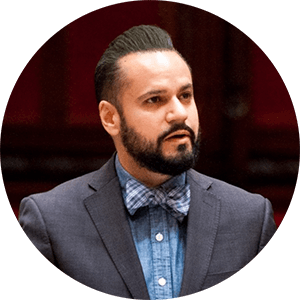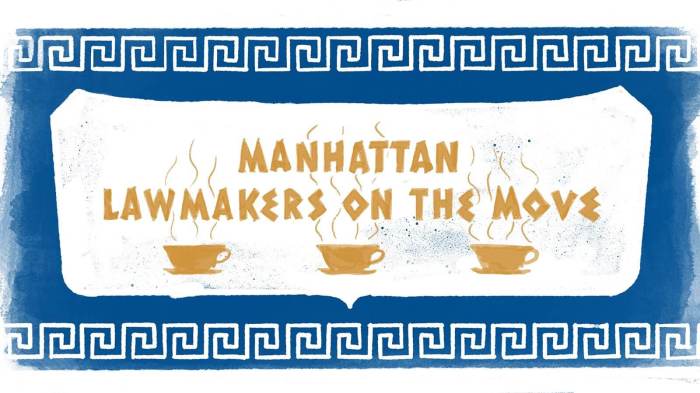The state senate took steps to better accommodate New York’s ethnic diversity last week when they passed a bill requiring all healthcare professionals statewide to take continuous cultural sensitivity and competency training courses.

A press release from the team of the bill’s chief sponsor, Sen. José M. Serrano (South and West Bronx, East Harlem Upper Yorkville, Roosevelt Island, Central Park, Upper West Side), listed a 2019 Centers for Disease Control and Prevention (CDC) report finding that black and Native American women were “two to three time more likely to die from pregnancy-related causes than white women,” including across educational and socioeconomic levels, as inspiration for the legislation
“There is ample evidence that minority groups face glaring disparities in access to quality healthcare. Today’s actions seek to close the gap by ensuring that medical professionals receive training on culturally sensitive care, which will also help them to recognize and minimize unintended biases,” said Serrano. “New York is one of the most diverse states in the nation, and we should be leading the way in providing everyone— regardless of race, sexual orientation, English proficiency, or disability— with quality healthcare they can trust.”
A spokesperson for Sen. Velmanette Montgomery (D-Brooklyn), who cosponsored the bill, was out of the office and unable to provide quotes.
Dr. Cristina Dorazio, the head of Unity Psychological Consulting, whose wide array of services includes but is hardly limited to social justice and diversity training, agreed with Serrano, indicating that such education can help to reduce inequalities in health care.
“Cultural awareness and sensitivity is important in the healthcare field because we all exist within a cultural context that informs our worldview. We also all have biases that impact the way we see, treat and care for people from different backgrounds,” Dorazio told this reporter.
“When we engage in the work to challenge these biases, we are less likely to make assumptions and errors when it comes to patient care and treatment. We are also more likely to advocate for patients who are commonly marginalized.”
Despite support for the bill’s intentions, some healthcare professionals disagree with how it will implement the training it mandates. Brian Conway, a spokesperson for the Greater New York Hospital Association (GNYHA) gave NYCP a statement of opposition to the legislation, insisting that the methods of documentation of training in the bill are “unnecessary and would impose an administrative burden upon financially struggling institutions throughout the State.”
The GNYHA also highlighted that the bill requires professionals to undergo the training every two years, arguing that a four-year frequency is adequate under similar existing state laws, and stated that “Experts in the field should determine the frequency and design of cultural competency training.”
“Our opposition to this legislation is not over whether training should be provided or expanded. We agree,” the statement asserted. “Rather, our concern regards practical implementation issues that should be resolved prior to this bill being enacted into law. GNYHA cannot support this legislation in its current form.”
The bill, known as S2406A, currently awaits a vote in the assembly.




































